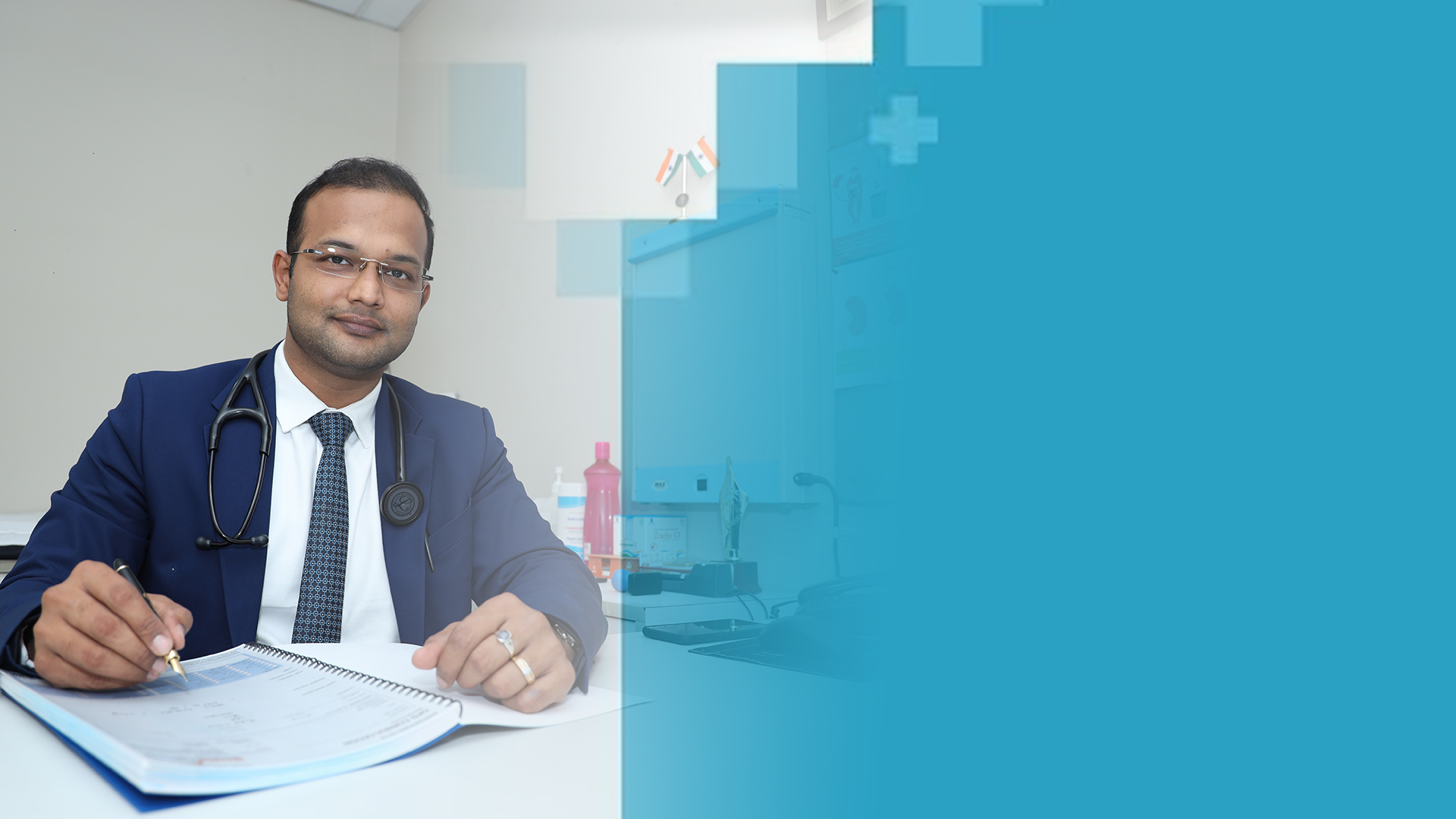
MBBS, MD-Medicine, DNB-Nephrology, ISN-ANIO CNC (USA)

AKI is a common problem affecting the kidneys in which there is abrupt decline in the kidney function occurring over a period of hours to days. Its incidence has increased substantially over the last few decades because of the rise in the use of antibiotics and other over the counter medications such as pain killers and also because of increased ICU care where AKI is a very common problem.
AKI usually is caused by infections such as gastroenteritis leading to volume depletion , urinary tract infections affecting the kidneys, malaria, dengue and other tropical infections. AKI can also be seen commonly with chest infections and with any form of sepsis. Urinary tract obstruction with stone disease or prostate disease in elderly can also lead to acute kidney injury. Less commonly , autoimmune diseases like lupus, Ig A nephropathy can also present as AKI.
AKI can present with symptoms such as reduced urine output, increased Blood Pressure, reddish or foamy urine, body swelling and other nonspecific complaints like generalized weakness, nausea vomiting etc. Sometimes it can lead to acute brain dysfunction(encephalopathy) or even arrhythmias due to high potassium levels.
AKI should be suspected and diagnosed early as late diagnosis can cause irreversible changes in the kidney. Tests such as urea, creatinine, uric acid, urine tests and newer tests such as cystatin c and urine NGAL may help in the diagnosis of AKI. Ultrasound should be done to rule out obstructive causes. If AKI is not reversed early sometimes it can lead to chronic kidney disease.
North Bengal especially Siliguri and adjoining districts still have a high burden of infectious diseases and kidney involvement is very common in these conditions. Also use of painkillers and over the counter antibiotics is very common because of the mushrooming of unregulated pharmacies in and around Siliguri and unsupervised use of these medicines lead to a distinct type of kidney disease called acute interstitial nephritis in which urine output may not reduce but kidney functions get deranged.
It should be the endeavor of all physicians practicing medicine to look for kidney involvement when acute kidney injury is suspected. Early diagnosis and timely treatment can help reverse acute kidney injury in most of the cases. Self medication without the advice of a doctor should be avoided.
